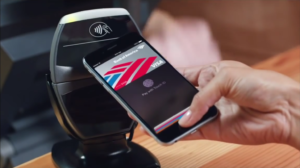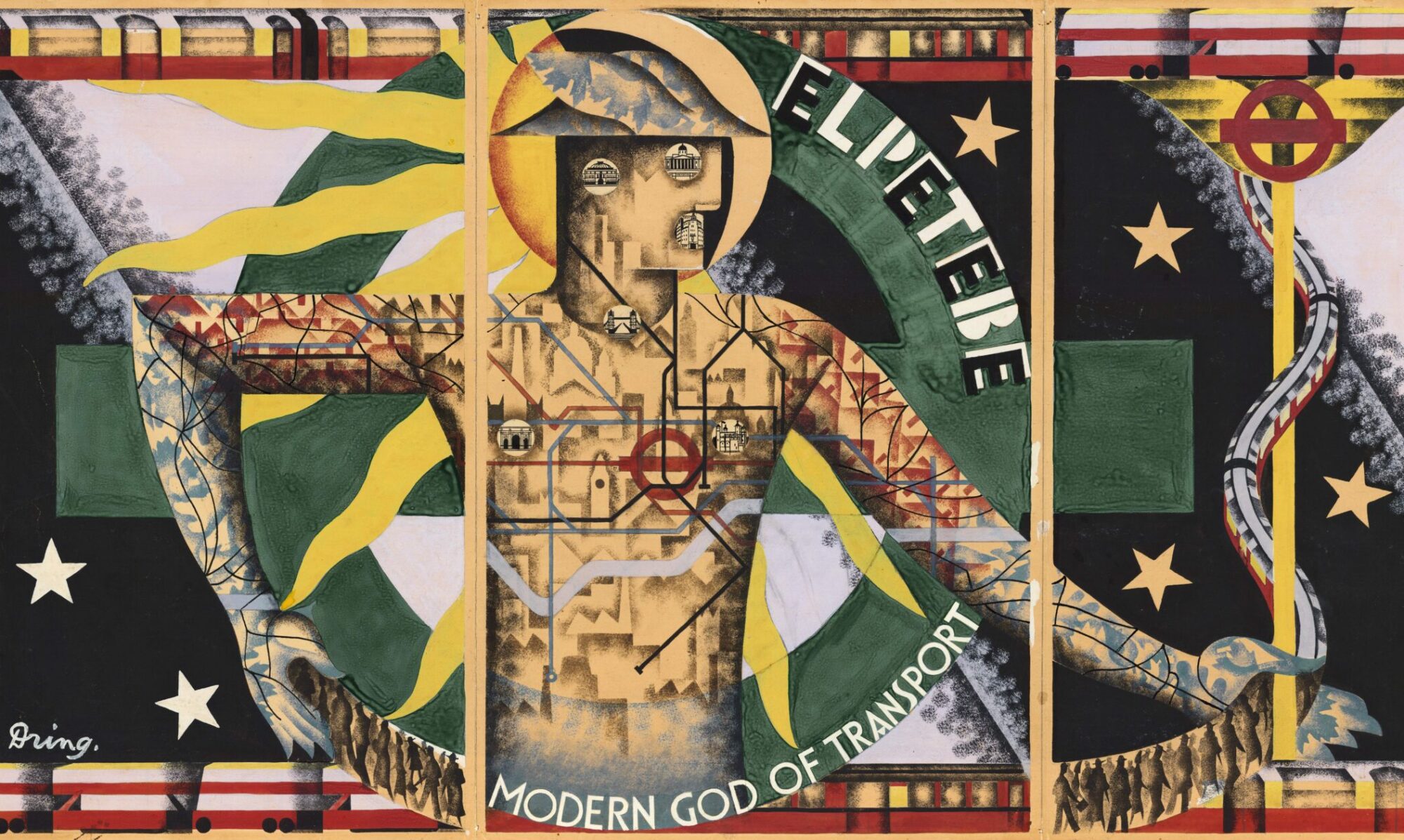 The article intertwines the history of the American credit card, its standardization, and interactional realization with the latest developments in payment systems. Understanding both credit cards and systems like Apple Pay or blockchain-based applications as part of an administrative longue durée, it argues for a different understanding of the Internet of Things. It should be understood both as a technical-informational and as an accounting infrastructure, with tensions arising between both segments.
The article intertwines the history of the American credit card, its standardization, and interactional realization with the latest developments in payment systems. Understanding both credit cards and systems like Apple Pay or blockchain-based applications as part of an administrative longue durée, it argues for a different understanding of the Internet of Things. It should be understood both as a technical-informational and as an accounting infrastructure, with tensions arising between both segments.
Check out the full text, published in Administration and Society’s special issue on ICT@Administration at https://doi.org/10.1177/0095399718794169.
